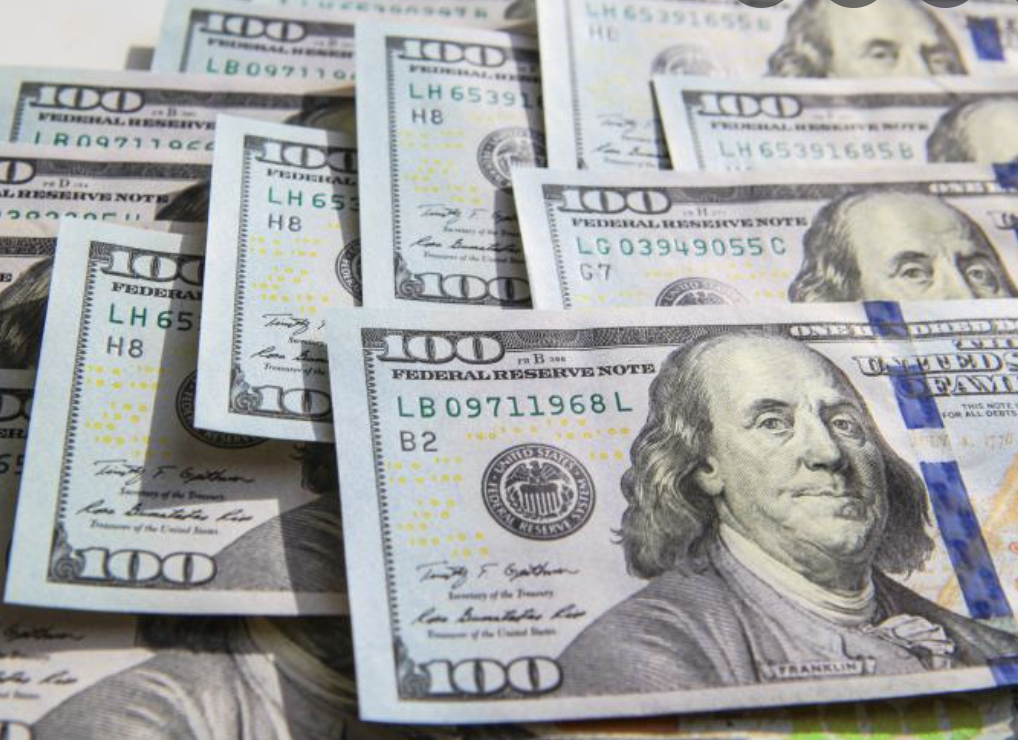Department of Justice – A Florida man pleaded guilty today in the Southern District of Florida for a scheme to receive kickbacks and bribes in exchange for referring Medicare beneficiaries to five South Florida home health agencies for services that the patients did not need and, in many cases, never received.
Ernesto Espinosa, 71, of Miami, pleaded guilty to one count of conspiracy to commit health care fraud.
According to court documents, from January 2010 to June 2015, Espinosa and his co-conspirators paid kickbacks to Medicare beneficiaries to recruit them for referral to home health agencies.
Espinosa also coached the Medicare beneficiaries, who did not need home health services, on what to say to obtain home health prescriptions from doctors.
In exchange for referring these beneficiaries, Espinosa solicited and received kickbacks and bribes from the home health agencies.
Espinosa and the home health agencies attempted to disguise these kickbacks and bribes by routing them through shell companies controlled by Espinosa.
The home health agencies then submitted false and fraudulent claims to Medicare for services that were not medically necessary and typically not even provided.
As a result of this fraud, Espinosa and his co-conspirators caused Medicare to make payments of approximately $870,000 for the bogus claims. Espinosa personally netted approximately $630,000 from the scheme.
Espinosa is scheduled to be sentenced on May 24 and faces up to 10 years in prison. A federal district court judge will determine any sentence after considering the U.S. Sentencing Guidelines and other statutory factors.
Assistant Attorney General Kenneth A. Polite Jr. of the Justice Department’s Criminal Division; Special Agent in Charge Omar Pérez Aybar of the Department of Health and Human Services, Office of the Inspector General (HHS-OIG), Miami Regional Office; Assistant Director Luis Quesada of the FBI’s Criminal Investigative Division; and Special Agent in Charge George L. Piro of the FBI’s Miami Field Office made the announcement.
The FBI and HHS-OIG investigated the case.
Trial Attorneys Kelly M. Lyons, Alexander Thor Pogozelski and Jamie De Boer of the Justice Department’s Fraud Section prosecuted the case.
Fake Medicare Calls and Other Scams Seniors Should Be Aware Of
Ross Blair | Updated May 24, 2021
AgingCare – Medicare beneficiaries are targeted by scammers and identity thieves all year long, but fraudulent activity tends to increase around the Medicare Open Enrollment (MOE) period that runs from October 15 to December 7 each year.
Protect yourself and your loved ones by learning about the most common Medicare scams and how to determine whether communication from the Centers for Medicare & Medicaid Services (CMS) is legitimate.
Common Medicare Scams
Most of these scams take place over the telephone, but some do occur via email, U.S. mail and door-to-door visits. Fraudulent callers typically steal a person’s identity by making up stories to try to obtain their name, Social Security number (SSN) or financial information.
(Note: Medicare used to use SSNs to identify beneficiaries and their health insurance claims, but CMS began distributing new Medicare cards without SSNs on them in 2018. Instead, these new cards feature a beneficiary’s unique Medicare Number, which is still a sensitive piece of identifying information that should be protected.)
Medicare beneficiaries should be wary of the following schemes:
Attempts to “verify your identity.”
Someone calls to tell you that you must provide identifying information to receive a new or updated Medicare card. They may even tell you there’s a charge for the new card and request a credit card number as well.
Bogus offers for “free medical supplies.”
A caller will pretend to offer durable medical equipment or a medical checkup at no cost to you because “Medicare will cover it.” The only catch is that the caller needs your SSN or Medicare Number to verify coverage and/or a credit card number to cover shipping costs for the free supplies.
False claims that you’re entitled to a “refund.”
Another devious variation involves a caller who explains that, due to a vague change in Medicare coverage, you’re owed a refund. They will typically ask for your Medicare Number and bank account information so they can direct deposit the funds.



